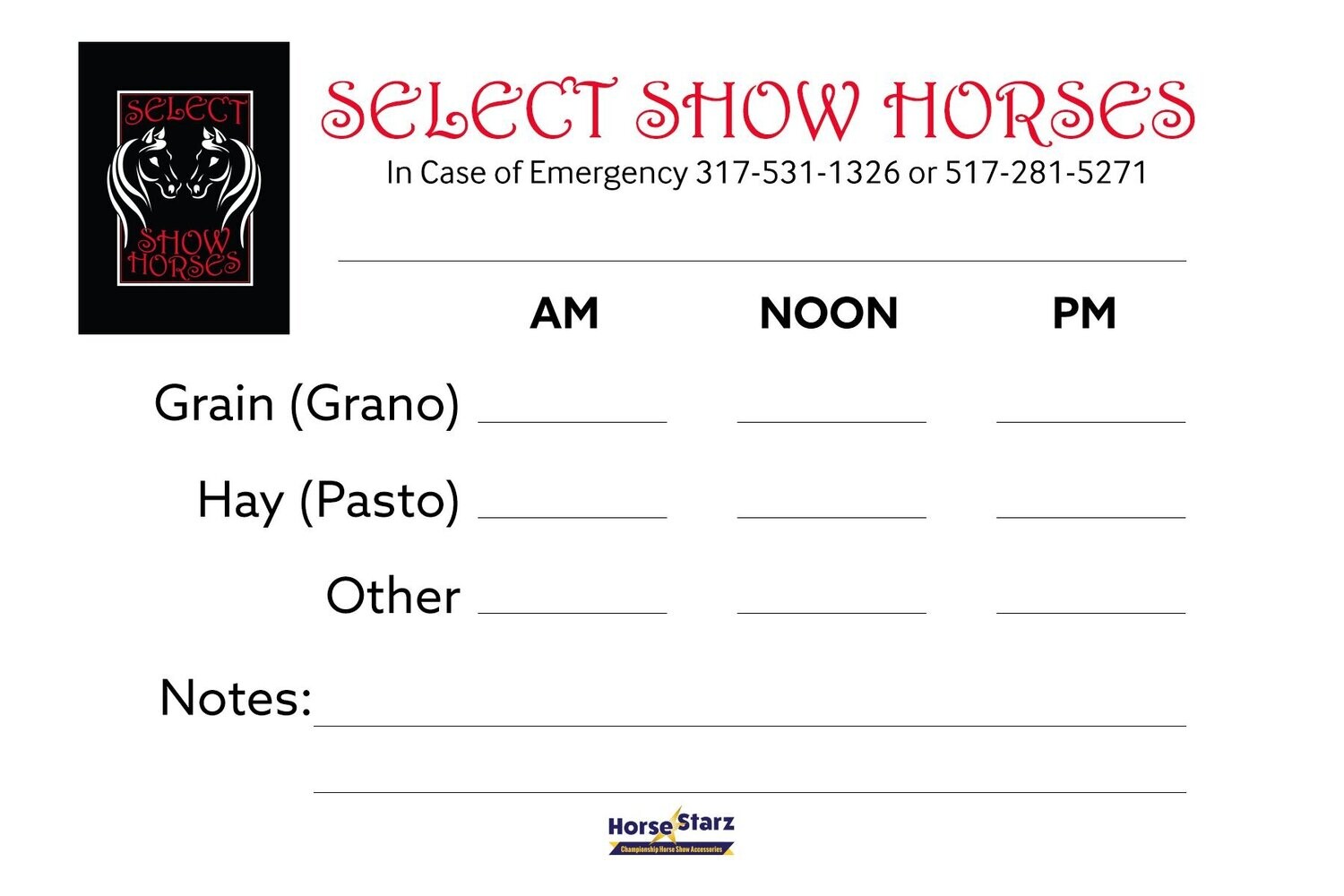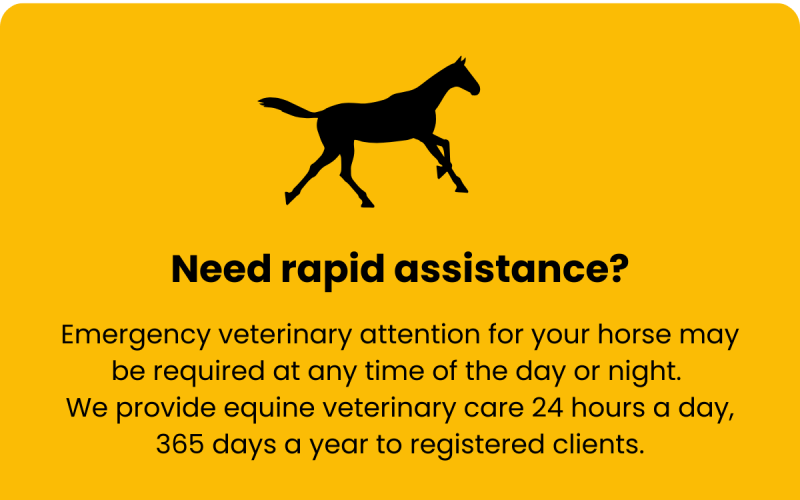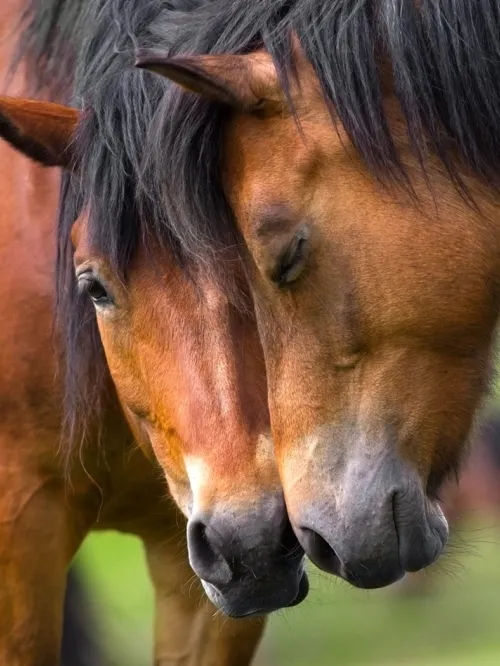Emergency Feed Options for Your Horse During Shortages

When faced with feed shortages, ensuring your horse receives adequate nutrition is crucial for their health and well-being. This article explores various emergency feed options, practical tips, and considerations to help you manage your horse’s diet effectively during challenging times.
Understanding Feed Shortages

Feed shortages can occur due to natural disasters, supply chain disruptions, or seasonal changes. Recognizing the signs of a shortage and planning ahead can mitigate stress for both you and your horse.
Emergency Feed Options
1. Alternative Forages
- Straw: While low in nutrients, straw can provide bulk and fiber. Use it cautiously and supplement with other feeds.
- Hay Cubes or Pellets: Compressed hay products that are easier to store and can substitute for loose hay.
- Silage: Fermented forage that can be a good energy source but requires careful handling to avoid spoilage.
2. Concentrates and Supplements
- Grain Alternatives: Oats, barley, or corn can be used if traditional grains are unavailable.
- Commercial Feed Mixes: Some manufacturers offer emergency or high-fiber mixes designed for shortages.
- Vitamin and Mineral Supplements: Essential to balance the diet when using unconventional feeds.
3. Pasture Management
- Rotational grazing and maximizing pasture use can reduce reliance on stored feeds.
Nutritional Considerations
Maintaining a balanced diet is vital. Monitor your horse’s body condition and adjust feed types and quantities accordingly. Consult with a veterinarian or equine nutritionist when possible.
Practical Tips for Managing Feed During Shortages
- Stockpile Wisely: Keep a reserve of hay and alternative feeds.
- Feed Gradually: Introduce new feeds slowly to prevent digestive upset.
- Hydration: Ensure constant access to clean water.
Sample Emergency Feed Plan Table
| Feed Type | Quantity per Day | Nutritional Notes |
|---|---|---|
| Hay Cubes | 5 lbs | High fiber, easy storage |
| Oats | 2 lbs | Energy source, moderate starch |
| Vitamin Supplement | As per label | Balances minerals and vitamins |
Frequently Asked Questions (FAQ)
Q1: How long can I feed my horse emergency feed options?
A1: Emergency feeds are typically short-term solutions. Prolonged use should be under veterinary guidance.
Q2: Can I feed straw as a primary forage?
A2: Straw is low in nutrients and should only be used as a supplement, not a primary feed.
Q3: What signs indicate my horse is not coping well with feed changes?
A3: Look for weight loss, colic symptoms, changes in manure, or behavioral changes.
By understanding and preparing for feed shortages, you can ensure your horse remains healthy and comfortable even in difficult times. Planning and knowledge are your best tools for managing emergency feeding effectively.
